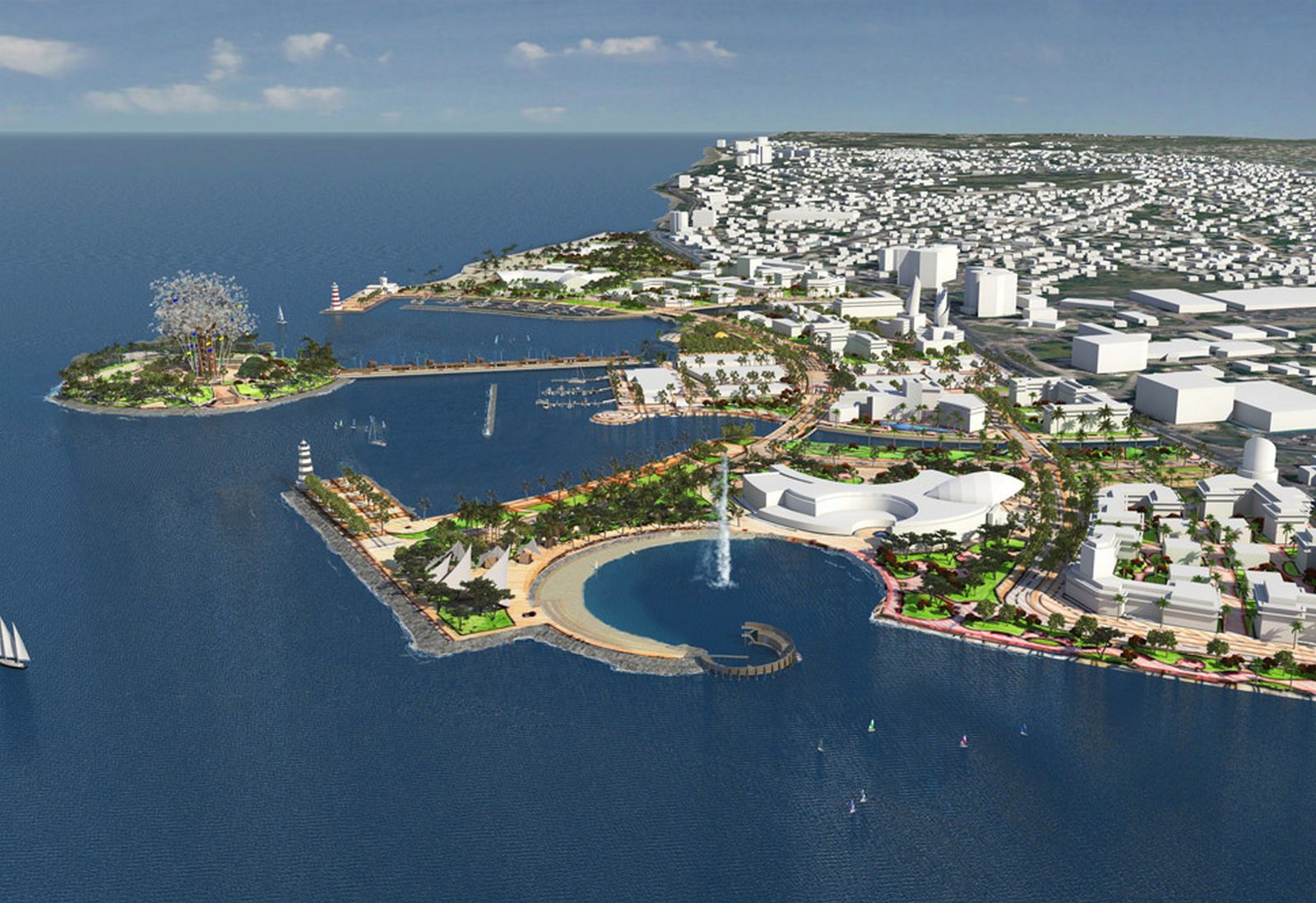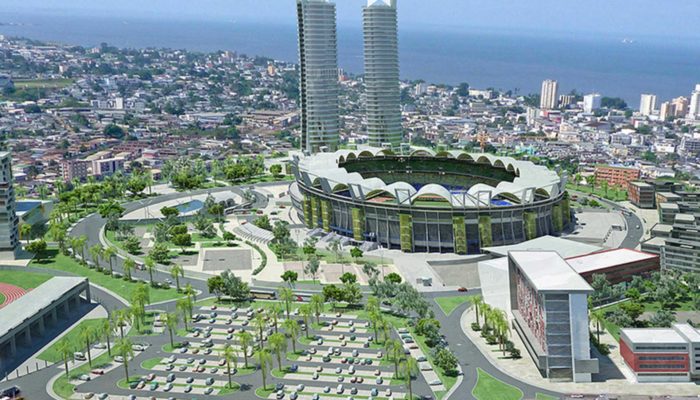Faced with the outcry caused by Gabon’s debt figures (70% of GDP) contained in the recent report produced by the international financial institution, the Resident Representative of the International Monetary Fund (IMF), Gomez Agou, declared, Monday 10 June, that this data, until 2023, is data inherited from the fallen regime. “These are figures for management in 2022 and 2023,” he clarified.
The day after the publication, by the International Monetary Fund (IMF), of the Report of the Article IV consultation with Gabon, voices were raised to index an approximate management of public funds by the new authorities of the country and information estimated to be “ erroneous ” about the country’s debt. At a press conference on June 10, the Resident Representative of the International Monetary Fund (IMF), Gomez Agou, set the record straight. Noting that the Transitional authorities have only inherited a situation, he stressed that Gabon’s debt had accelerated over the period preceding August 30 due to the ” electoral context “.

Public debt being the set of financial commitments of a State towards its creditors, on the basis of “ the real data shared by the new authorities with the IMF ”, that of Gabon stands at 70.5% of Gross Domestic Product (GDP) in 2023, above the community level of Cemac -Economic and Monetary Community of Central Africa-. Explaining things, the resident representative of the IMF indicated that “ the data, until 2023, are data inherited by the Transition authorities ”. These are therefore the figures for the years 2022 and 2023… until August 30, the date of the forfeiture of the previous regime.
To date, the priority is to bring it back to reasonable levels, he recommended, noting that ” the expenses known before August 30 are replaced by a strong social demand of the populations and development needs, so as to legitimate “. In other words, the IMF invites the country’s authorities to find the balance between satisfying social demand and the development needs of the populations, ensuring not to over-indebt the country, especially since the situation of the debt is indeed very high. At this level, Gomes Agou warns: “ if the pace of debt does not slow down, we risk finding ourselves in a situation of over-indebtedness .
To the Transition authorities, the representative of the Breton Woods institution in Libreville recommends “ a debt reduction plan for the years to come ”. And to recall that the effort to reduce this debt involves increasing revenue (tax and customs) and an effort to reduce state spending ” which must be done without having to cut significant social and development expenditure .
All of which leads the IMF to call for a broad diversification of the Gabonese economy in order to create new sectors that create jobs for the population. “ As I explained, unemployment (around 36% and around 40% among young people) is high. It is prevalent and the poverty situation is significant ,” he recalled, inviting the State to invest in infrastructure, electricity, roads, the quality of training in Gabonese universities “ so that the country can have a private sector that develops .






